pro-active advanced bovine collagen
Pro-Active ADVANCED Liquid Collagen is a unique dietary supplement of premium quality Hydrolyzed Collagen, derived from Bovine, enhanced with Hyaluronic Acid, Vitamin C, Silicon, Zinc, Vitamin D3, Vitamins B1, B2, B5, B6 & Magnesium.
Description
Proactive Advanced Collagen
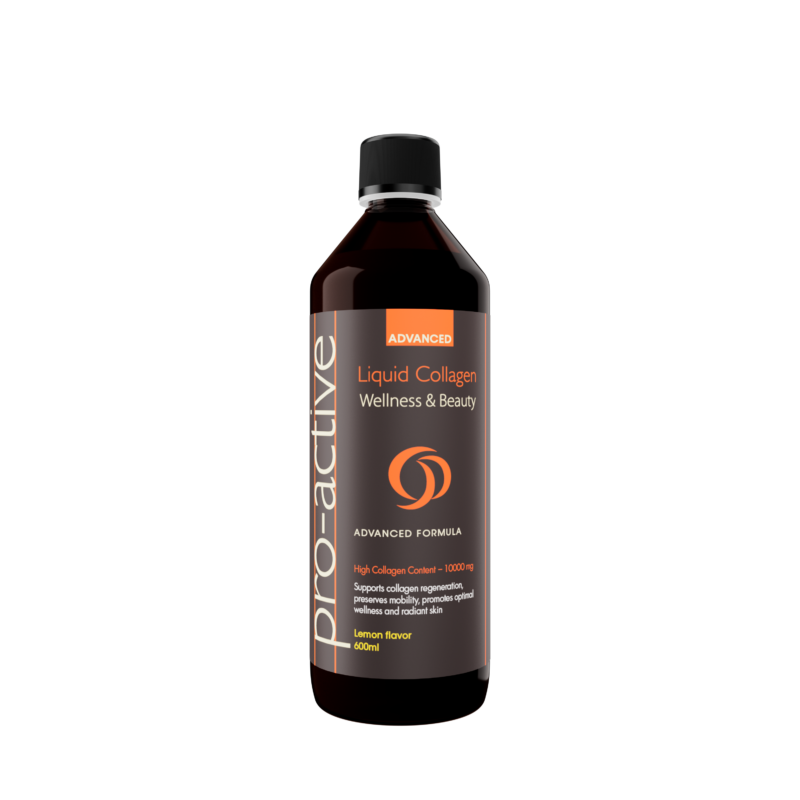
Additionally, Vitamin D3, Hyaluronic Acid, Zinc, and Silicon provide a major boost to the product’s performance and support the formula in its structure and efficiency.
Focused on people’s health, our new Pro-active Collagen Advanced will make your body discover a new way of feeling healthier and younger, making you enjoy life again. Many of our clients comment on considerable improvements in their body health, flexible joints, better skin, shiny hair, and stronger nails and an impression of feeling younger. All these fill us with honor and pleasure and give us the strength to move forward and develop new products and formulas that will benefit all our international consumers.
Strengthens the hair- Enhances skin beauty
- Regenerates joint cartilage
- Maintains strong teeth and gums
- Provides a powerful antioxidant action
- Improves collagen and proteoglycan synthesis
- Promotes joint health naturally with no side effects
- Contributes to decreasing joint rigidity and mobility pain
- Promotes much easier sports and recreational activity
- Promotes a normal function of the – cardiovascular & nervous system
- Helps with the normal function of bones through development and growth
- Stimulates the body’s own mechanisms for maintaining healthy joints and optimum mobility
Direction 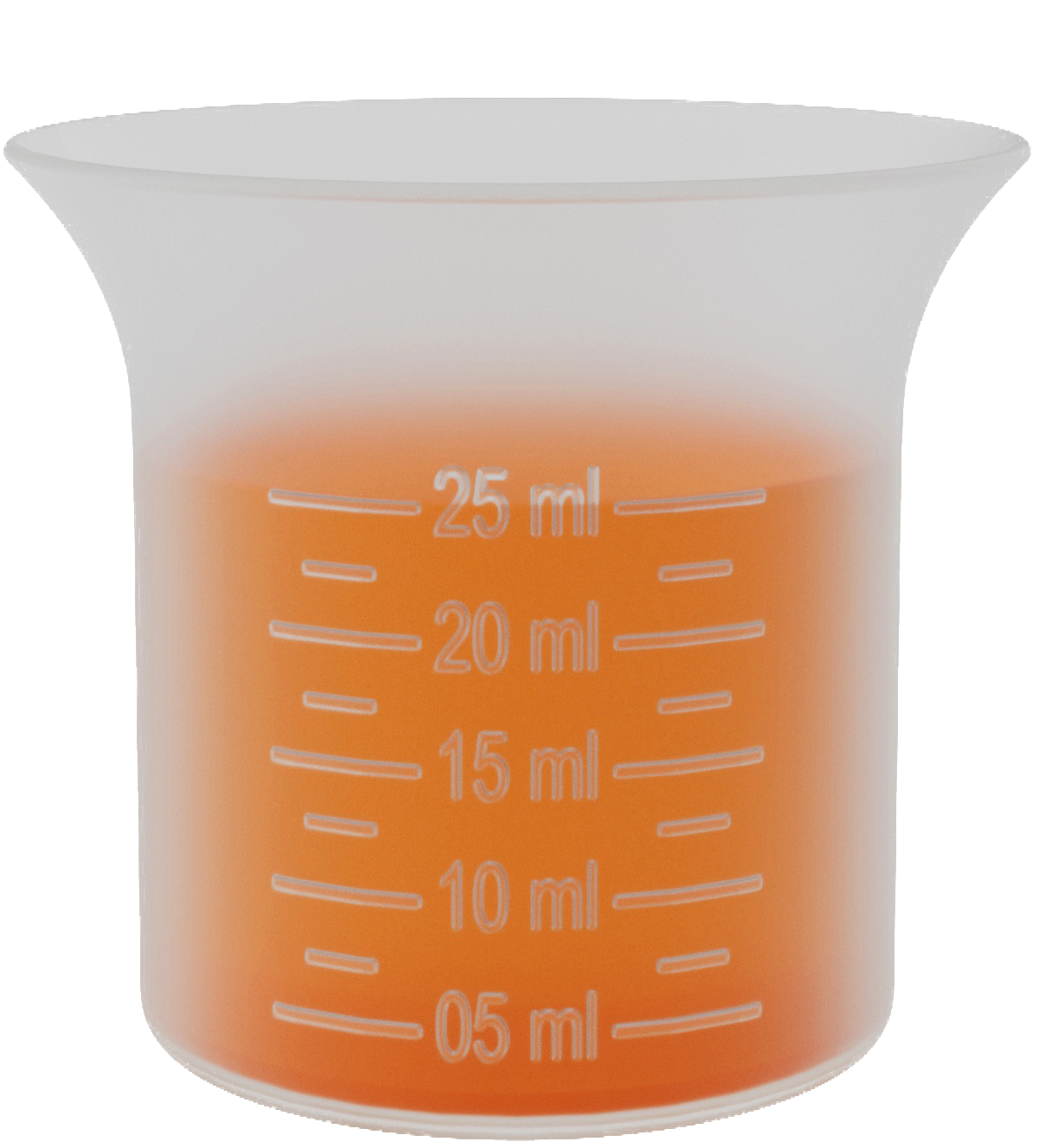
Take 25 ml of the measuring cup daily. Shake well before each use. Do not exceed the recommended daily dosage. Store in a cool and dry place, away from direct sunlight. Keep out of the reach of children. Shelf life of 24 months before opening. Opened bottles containing left-over liquid for more than one month, must be discarded.
KEY INGREDIENT – Hydrolyzed Bovine Collagen 10.000mg/25ml
The raw material of Advanced Proactive Collagen is Fortigel®.
Developed by Gelita®, Fortigel® is hydrolyzed through enzymatic hydrolysis of collagen, derived from beef gelatin. FORTIGEL® is a characteristic mixture of collagen peptides derived from specific hydrolysis of bovine type I collagen. It is clearly defined by average molecular weight, molecular weight fraction, a characteristic MALDI-MS mass peaks fingerprint as well as a typical amino acid profile. The resulting Bioactive Collagen Peptides® (BCP) are water-soluble and rich in glycine, proline, and hydrochloride. Fortigel® is an innovative ingredient for the regeneration of joint cartilage. Its optimized specific collagen peptides have been proven to activate the growth of new cartilage by stimulating cells, helping to make the joints smooth and mobile. The effectiveness of Fortigel® has been scientifically researched in numerous studies. It is absorbed intestinally and accumulates in cartilage. Fortigel® is manufactured according to the European directives for the production and consumption of gelatin and collagen (Directive 1999/724/EC & Regulation 2033/721/EC).
In several studies, it could be demonstrated that, in principle, FORTIGEL®:
- Stimulate collagen metabolism as it stimulates collagen and proteoglycan biosynthesis.
- Promotes joint health naturally with no side effects
- Stimulates the body’s own mechanisms for maintaining healthy joints and optimum mobility
- Contributes to decreasing joint rigidity and mobility pain
- Helps with the normal function of bones through development and growth
- Enhances skin beauty
- Strengthens the hair
- Maintains strong teeth and gums
MAGNESIUM (Mg)
Magnesium is an abundant mineral in the body that is naturally present in many foods, added to other food products, and available as a dietary supplement. Magnesium is required for energy production, it contributes to the structural development of bone and is required for the synthesis of DNA, RNA, and the antioxidant glutathione. It also plays a role in the active transport of calcium and potassium ions across cell membranes, a process that is important to nerve impulse conduction, muscle contraction, and normal heart rhythm.
VITAMIN B5 (Pantothenic Acid)
Vitamin B5 is a water-soluble vitamin. Its main function is in the synthesis of coenzyme A (CoA) and acyl carrier protein. Vitamin B5:
- supports the alleviation of conditions like asthma, hair loss, allergies, stress and anxiety, respiratory disorders, and heart problems.
- boosts immunity, reduces osteoarthritis and signs of aging, increases resistance to several types of infections, and stimulates physical growth.
- benefits in treating chronic stress and anxiety
- ensure good health and proper functioning of all the organ systems
- assists in the production of neurotransmitters in the brain, the fabrication of steroids, the extraction of fats, proteins, and other vital nutrients from food.
VITAMIN B2 (Riboflavin)
Vitamin B2 is a water-soluble vitamin. The body can only store small amounts, and supplies go down rapidly so we need to consume vitamin B2 every day. Riboflavin occurs naturally in some foods, added to others, and it can be taken as supplements. Vitamin B2 helps break down proteins, fats, and carbohydrates. It plays a vital role in maintaining the body’s energy supply. It helps convert carbohydrates into adenosine triphosphate (ATP). The human body produces ATP from food, and ATP produces energy as the body requires it. The compound ATP is vital for storing energy in muscles.
Vitamin B2:
- works with other vitamins in the B complex to process calories from carbohydrates, protein, and fat
- contributes to the growth of red cell production
- improves the appearance of skin
- serves as an antioxidant, which slows the pace of aging
VITAMIN B6 (Pyridoxine)
Vitamin B6 is a water-soluble vitamin that is naturally present in many foods, added to others, and available as a dietary supplement.
Vitamin B6:
helps the body convert protein to energy while enhancing brain function
works with Folic Acid and B12 to reduce levels of homocysteine (an amino acid) in the blood.
VITAMIN B1 (Thiamin)
Vitamin B2 is a water-soluble vitamin. The body can only store small amounts, and supplies go down rapidly so we need to consume vitamin B2 every day. Riboflavin occurs naturally in some foods, added to others, and it can be taken as supplements. Vitamin B2 helps break down proteins, fats, and carbohydrates. It plays a vital role in maintaining the body’s energy supply. It helps convert carbohydrates into adenosine triphosphate (ATP). The human body produces ATP from food, and ATP produces energy as the body requires it. The compound ATP is vital for storing energy in muscles.
Vitamin B2:
- works with other vitamins in the B complex to process calories from carbohydrates, protein, and fat
- contributes to the growth of red cell production
- improves the appearance of skin
- serves as an antioxidant, which slows the pace of aging
Hyaluronic Acid
Hyaluronic acid is a substance that is naturally present in the human body. It is found in the highest concentrations of fluids in the eyes and joints. Hyaluronic acid:
- promotes Healthier, More Supple Skin
- can Speed Wound Healing
- relieve Joint Pain by Keeping Bones Well Lubricated
- soothe Acid Reflux Symptoms
- Preserves Bone Strength
Vitamin C (L-ascorbic acid)
Vitamin C, also known as L-ascorbic acid, is a water-soluble vitamin that is naturally present in some foods, added to others, and available as a dietary supplement. Humans, unlike most animals, are unable to synthesize vitamin C endogenously, so it is an essential dietary component.
Vitamin C is required for the biosynthesis of collagen, L-carnitine, and certain Neurotransmitters. Vitamin C is also involved in protein metabolism. Collagen is an essential component of connective tissue, which plays a vital role in wound healing. Vitamin C is also an important physiological antioxidant and has been shown to regenerate other antioxidants within the body, including alpha-tocopherol. In addition to its biosynthetic and antioxidant functions, vitamin C plays a key role in immune function and improves the absorption of nonheme iron, the form of iron present in plant-based foods.
Vitamin C:
- protects indispensable molecules in the body such as proteins, lipids, carbohydrates, and nucleic acids (DNA, RNA)
- contributes to the formation of collagen and several other critical biomolecules
- strong antioxidant
- reduces the risk for cardiovascular disease, and stroke
- boost immune system
Silicon (Si)
Silicon is a chemical element with the symbol Si and atomic number 14. Silicon is the eighth most common element in the universe by mass, but very rarely occurs as the pure element in the Earth’s crust. It is most widely distributed in space in cosmic dust, planetoids, and planets as various forms of silicon dioxide (silica) or silicates. More than 90% of the Earth’s crust is composed of silicate minerals, making silicon the second most abundant element in the Earth’s crust (about 28% by mass), after oxygen.
Silicon:
- acts as a stabilizing force in the body. It restores the necessary balance between calcium and magnesium, thus maintaining normal hormone function
- stabilizes several structures, including bodily tissues, membranes, and arterial walls
- helps in producing collagen
- facilitates your body’s absorption of calcium, contributing to strong, healthy bones.
- works together with sulfur to give your skin and nails a youthful, healthy appearance
- boosts the immune system
- helps prevent CVD by keeping the artery walls flexible
- helps against hair loss
Vitamin D3
Vitamin D (also referred to as “calciferol”) is a fat-soluble vitamin that is naturally present in a few foods, added to others, and available as a dietary supplement. It is also produced endogenously when ultraviolet (UV) rays from sunlight strike the skin and trigger vitamin D synthesis. Together with calcium, vitamin D also helps protect older adults from osteoporosis. Vitamin D has other roles in the body, including reduction of inflammation as well as modulation of such processes as cell growth, neuromuscular and immune function, and glucose metabolism.
Vitamin D3:
- promotes strong bones by calcium absorption in the gut and maintains adequate serum calcium
- protects against osteoporosis
- modulation of cell growth
- neuromuscular and immune function
- reduces inflammation
- plays a role in the prevention of type 1 and type 2 diabetes
- helps in hypertension
- glucose intolerance
- plays role in multiple sclerosis
Zinc (Zn)
Zinc is an essential mineral that is naturally present in some foods, added to others, and available as a dietary supplement. Zinc is involved in numerous aspects of cellular metabolism. It is required for the catalytic activity of approximately 100 enzymes, and it plays a role in immune function, protein synthesis, wound healing, DNA synthesis, and cell division. Zinc also supports normal growth and development during pregnancy, childhood, and adolescence and is required for a proper sense of taste and smell. A daily intake of zinc is required to maintain a steady state because the body has no specialized zinc storage system.
Zinc:
- plays a role in immune function
- plays a significant role in protein synthesis
- plays a role in wound healing
- plays a significant role in DNA synthesis and cell division
- supports normal growth and development d supports the proper sense of taste and smell.


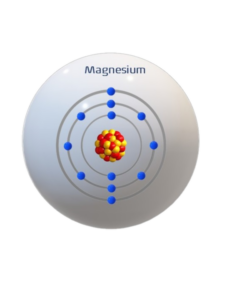
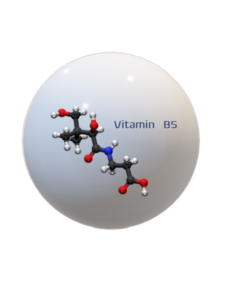
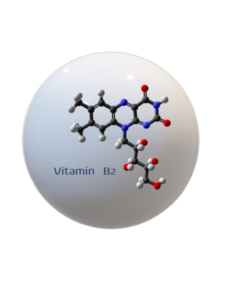
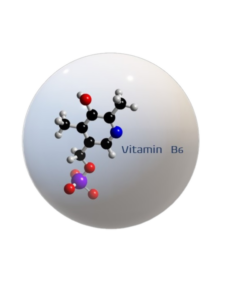
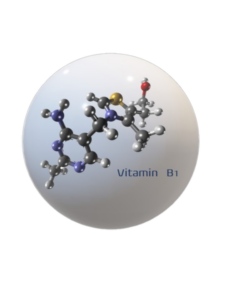
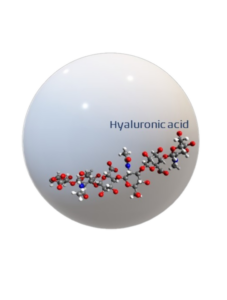
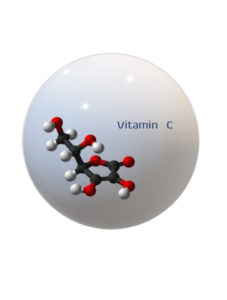
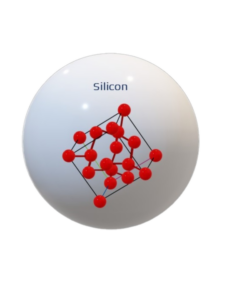
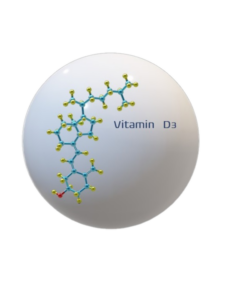
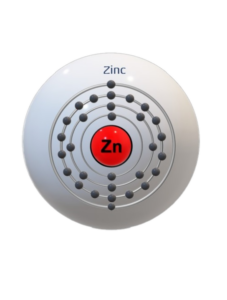

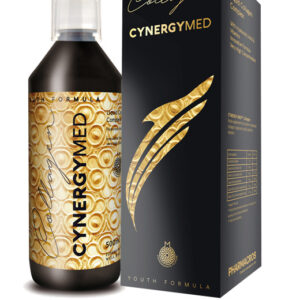
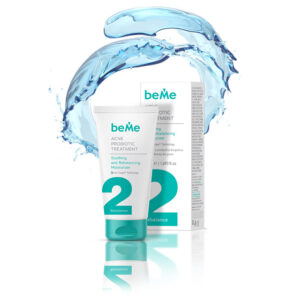
Reviews
There are no reviews yet.